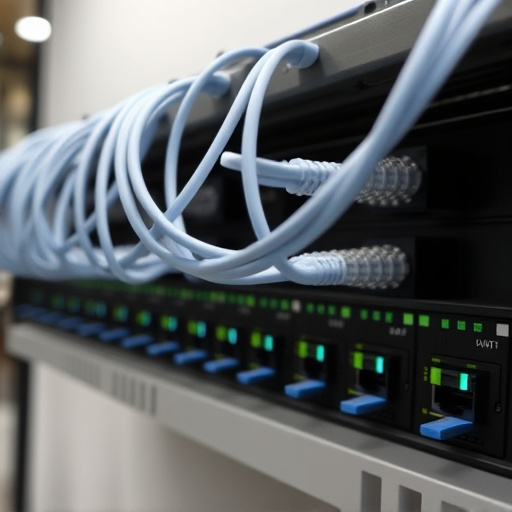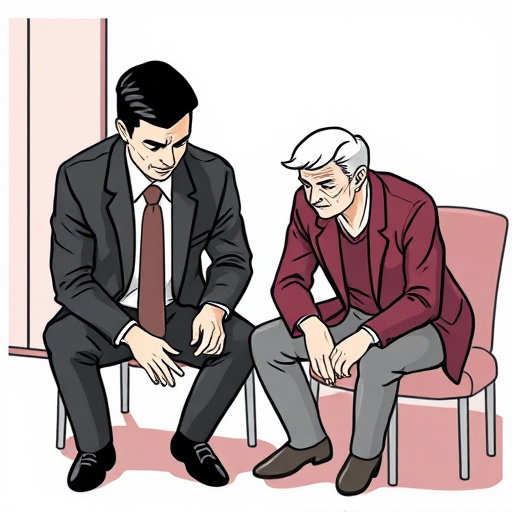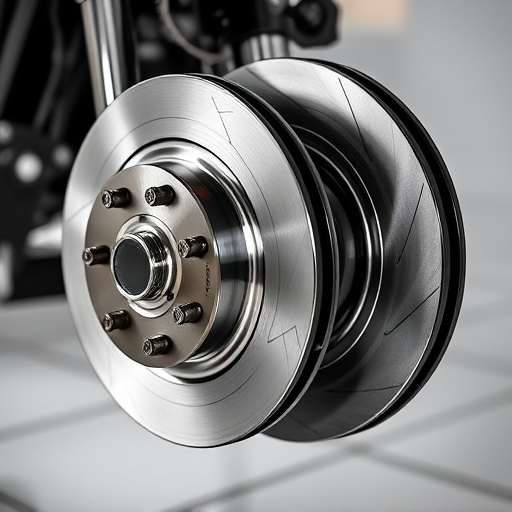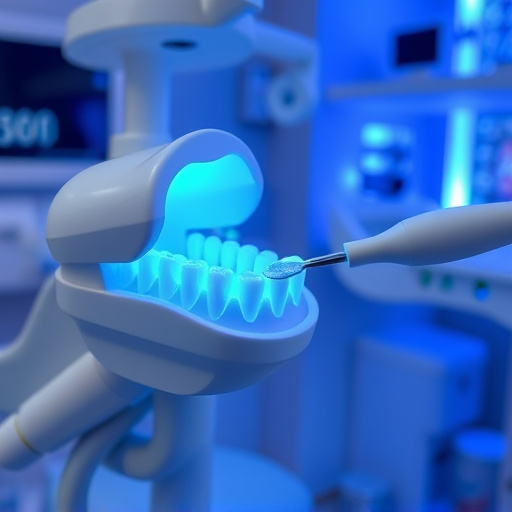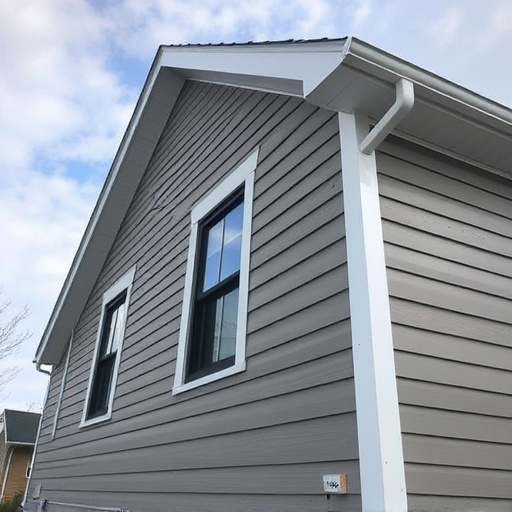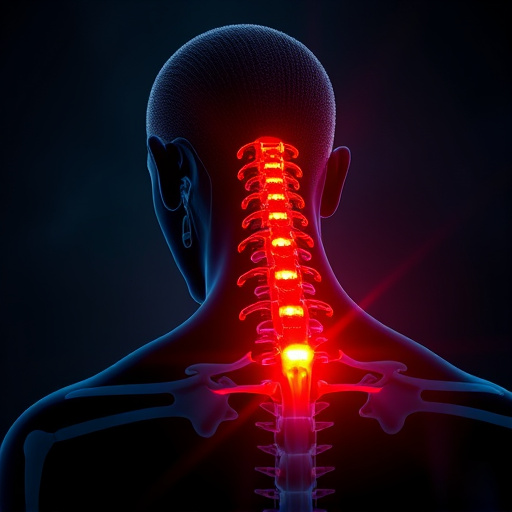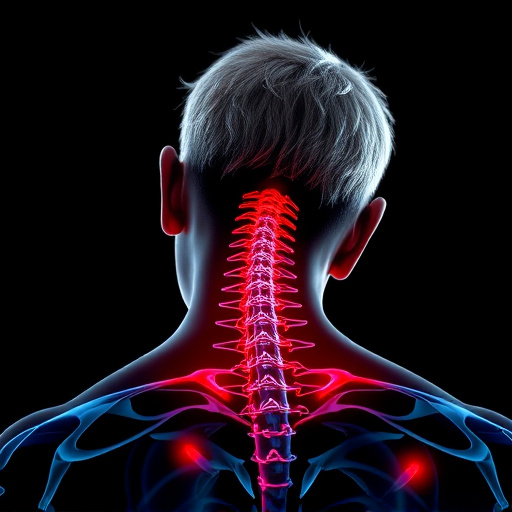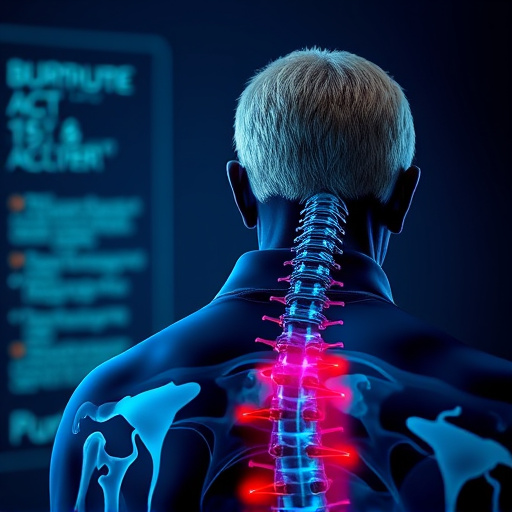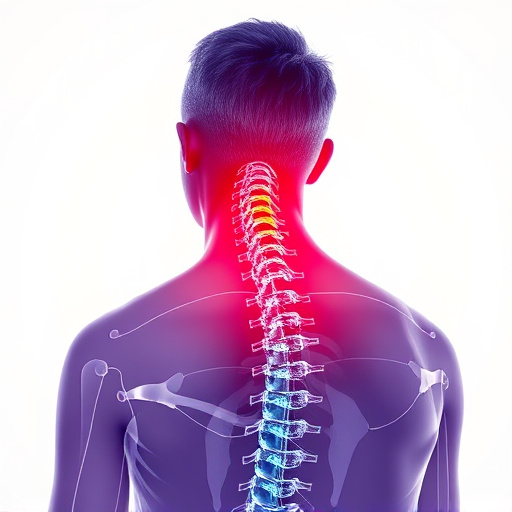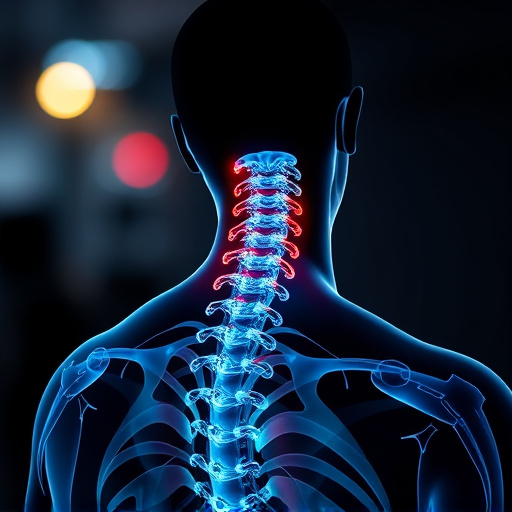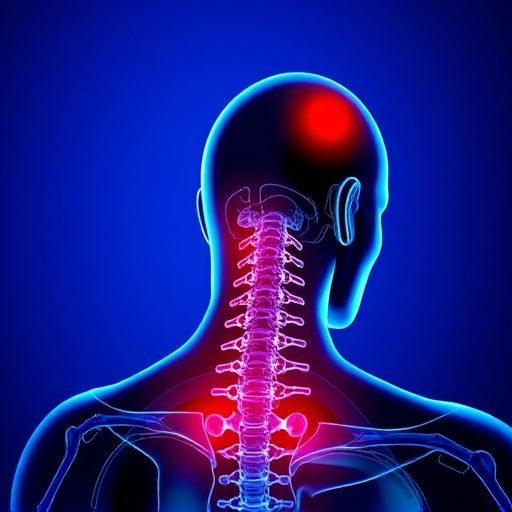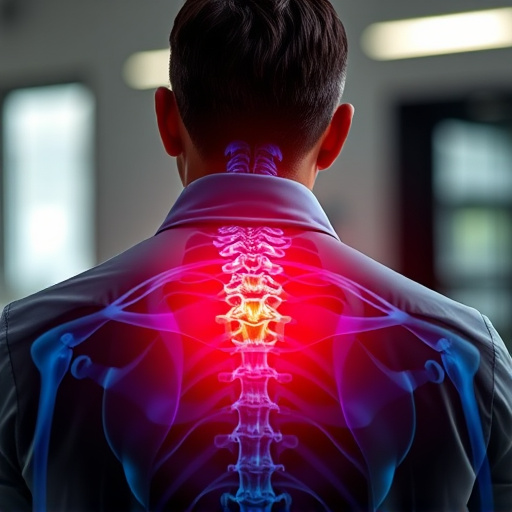Herniated discs, caused by age or injury, lead to localized pain and potential nerve damage. Non-surgical treatments, guided by a whiplash treatment specialist, include physical therapy, medication, and advanced therapies like spinal stimulation. These methods effectively manage symptoms without surgery, focusing on muscle strengthening, pain relief, and long-term spinal health. Alternative therapies like acupuncture and chiropathy are also recommended. Lifestyle adjustments, including posture, exercise, and stress management, are crucial for enduring relief. A whiplash treatment specialist offers personalized plans to meet individual needs.
“Discover non-surgical solutions for herniated discs and reclaim your comfort without invasive procedures. Understanding herniated discs involves recognizing causes and symptoms, a crucial step in managing this common spinal issue. This comprehensive guide explores diverse non-surgical treatment options, emphasizing the role of specialized care from a whiplash treatment specialist. Learn about evidence-based approaches like physical therapy, tailored exercises, and alternative therapies such as acupuncture and chiropathy. Additionally, gain insights into lifestyle adjustments vital for long-term disc health.”
- Understanding Herniated Discs: Causes and Symptoms
- Non-Surgical Treatment Options: A Comprehensive Overview
- The Role of a Whiplash Treatment Specialist
- Physical Therapy and Exercise for Disc Health
- Alternative Therapies: Exploring Acupuncture, Chiropathy, and More
- Lifestyle Adjustments for Long-Term Disc Support
Understanding Herniated Discs: Causes and Symptoms

A herniated disc, also known as a slipped or ruptured disc, occurs when the soft inner nucleus of a spinal disc pushes through a tear in its outer ring. This can happen due to various factors, with one common cause being age-related wear and tear. Other contributing factors include sudden injuries, such as those resulting from car accidents (whiplash treatment is often required), improper lifting techniques, or repetitive motions.
Symptoms can vary widely depending on the location of the herniated disc and the nerve roots it affects. Common signs include localized pain at the site of the disc, radiating pain down the legs or arms, numbness or tingling in the extremities, and weakness in muscles served by the affected nerves. A whiplash treatment specialist may recommend non-surgical options like physical therapy, medication, or lifestyle adjustments to manage these symptoms effectively.
Non-Surgical Treatment Options: A Comprehensive Overview
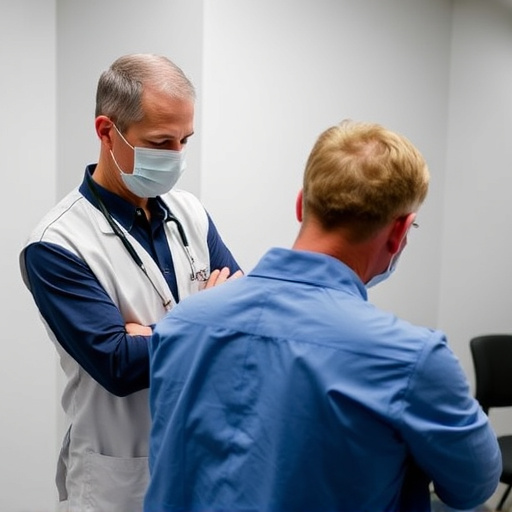
Non-surgical treatment options for herniated discs have evolved significantly, offering patients a wide range of choices beyond traditional surgery. These methods are often recommended by whiplash treatment specialists as they can provide effective relief without invasive procedures. One popular approach is physical therapy, which includes exercises designed to strengthen the back and core muscles, improve flexibility, and reduce pain. This conservative method can be highly successful in managing herniated discs, especially when combined with other techniques.
Additionally, non-steroidal anti-inflammatory drugs (NSAIDs) are commonly prescribed to reduce inflammation and alleviate disc-related pain. In some cases, epidural steroid injections may be used to deliver medication directly into the affected area, offering rapid relief for patients experiencing severe symptoms. Interventional therapies, such as spinal cord stimulation and nerve blocks, have also shown promise in managing chronic disc pain. These non-surgical treatments empower individuals to take control of their condition and avoid the risks and recovery time associated with surgery.
The Role of a Whiplash Treatment Specialist
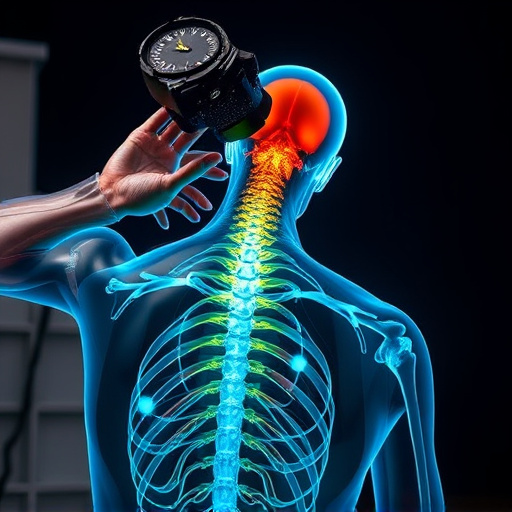
When dealing with disc herniations, a whiplash treatment specialist plays a crucial role in non-surgical care. These professionals are experts in diagnosing and treating neck pain and related conditions, often stemming from whiplash injuries or chronic strain. They employ a range of techniques beyond traditional physical therapy, including specialized exercises, manual therapy, and advanced therapies like ultrasound and electrical stimulation.
A whiplash treatment specialist assesses individual patient needs and creates personalized treatment plans. Their goal is not only to alleviate pain but also to restore mobility, prevent further damage, and help patients return to their active lifestyles. Through a combination of evidence-based practices and cutting-edge interventions, these specialists offer effective non-surgical alternatives for those suffering from herniated discs.
Physical Therapy and Exercise for Disc Health

Physical therapy is a key component in the non-surgical treatment plan for herniated discs, often recommended by whiplash treatment specialists. It involves tailored exercises and techniques to improve disc health, enhance spinal stability, and reduce pain. A physical therapist will design a personalized program focusing on flexibility and strength training, targeting specific muscle groups supporting the spine.
Exercises may include stretching routines, targeted strengthening moves, and even low-impact aerobic activities to promote blood flow and encourage healing. The goal is to restore proper alignment, improve posture, and develop muscular endurance to support the spine and reduce the risk of further disc damage or herniation.
Alternative Therapies: Exploring Acupuncture, Chiropathy, and More
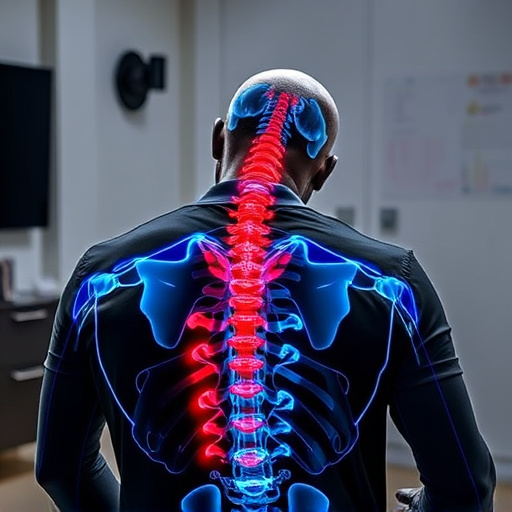
For those seeking non-surgical herniated disc treatment, alternative therapies offer a promising path. Acupuncture, an ancient practice, has gained recognition for its effectiveness in alleviating pain associated with disc hernias and whiplash injuries. Skilled acupuncturists insert thin needles at specific points along the body’s energy pathways, stimulating natural healing responses and reducing inflammation.
Chiropathy, another option, focuses on adjusting the spine and supporting the body’s inherent self-healing abilities. Chiropractors use a range of techniques, including manual adjustments and specialized exercises, to alleviate pressure on affected nerves. This approach not only provides pain relief but also promotes improved mobility and overall spinal health. Consider consulting with a whiplash treatment specialist who may recommend these alternative therapies as part of your comprehensive care plan.
Lifestyle Adjustments for Long-Term Disc Support

Many individuals seeking non-surgical herniated disc treatment also benefit from making certain lifestyle adjustments to support their spinal health long-term. This includes maintaining good posture while sitting, standing, and lifting, as well as incorporating regular exercise into one’s routine—specifically strengthening exercises for the core muscles that support the spine.
Additionally, managing stress levels is essential, as chronic stress can lead to muscle tension and poor postural habits. Consulting with a whiplash treatment specialist can provide guidance on specific strategies tailored to individual needs, ensuring proper care and preventing future disc-related issues.
